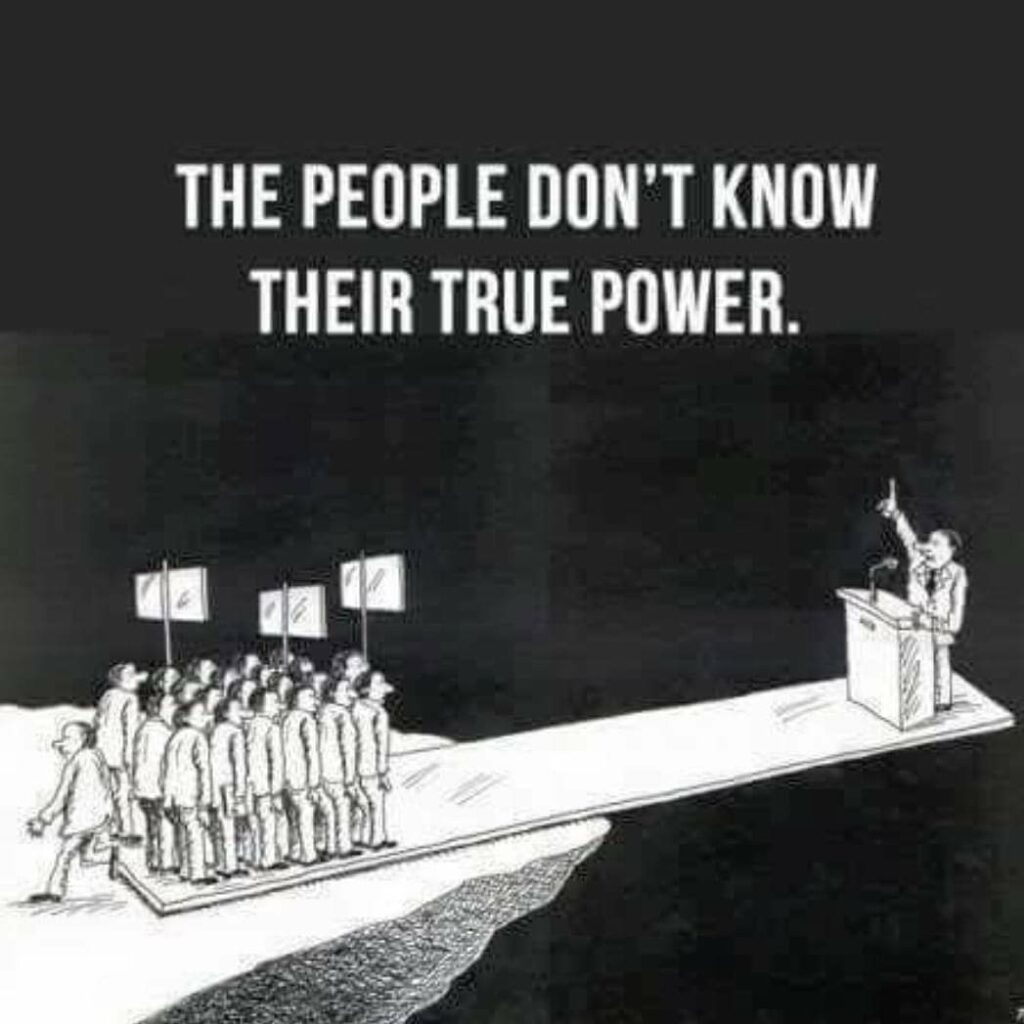
To make real change and challenge, we need much better functioning activism. The current generation of activism is crap – fragmented, self-referential, lost in identity wrangles, #NGO capture, and #fashionista online posturing. What can be learned to work to compost this mess.
- Affinity and Trust > Bureaucracy and Branding
The 1990s/2000s alter-globalization movement and early #Indymedia weren’t “organisations,” they were ecosystems. Small affinity groups moved fast, trusted each other, and shared infrastructure without needing a brand deck or a funder’s approval. Lesson we can learn: build movements through trust, not paperwork. Organising should be messy but alive, not tidy and dead.
- Media as Commons > Media as Market
#Indymedia was open “trust” based publishing, anyone could access, and no corporate ad trackers attached. Compare this to today’s #NGO “campaign media” or endless Twitter/X outrage cycles: closed, shallow, fleeting. What lessons can we learn: if you don’t own your media, you don’t own your message. The #OMN and #4opens try to restore this, we need grassroots media infrastructure, not more silos.
- Direct Action > Endless Process
From anti-roads to climate camps, action mattered more than Zoom calls or social media petitions. Protest camps, blockades, squats: they disrupted the system physically, not just discursively. Lesson from this is to got off the digital timeline. Occupy space, take risks, make it visible. Without action, all the online noise is just background music to the #deathcult.
- Messy Coalitions > Purity Politics
Earlier waves brought anarchists, trade unionists, students, farmers, hackers, and faith groups into loose alliances. Today, movements too often fragment into micro-identities that cannot scale. The lesson: you don’t need to agree on everything, you just need a shared enemy and a common tactics. #KISS.
- Culture Matters
Camps and protests weren’t just strategy meetings, they were lived experiments with free kitchens, pirate radio, temporary autonomous zones. Joy and play sustained the struggle. What we can learn? Activism that feels like homework will burn out. Activism that feels like life will endure.

What, can we learn from this? The current generation needs to relearn: activism is not a brand you attach yourself to, it’s a practice of building collective power. You don’t need permission, you don’t need a platform, you don’t need an #NGO to bless you. You need each other, and tools you can trust.
That’s the rebooting of the #openweb and the #OMN path. Compost the crap. Pick up the shovels. Plant again. To take this path seriously, we need to remember a little history. In 1933, German conservatives thought they could “manage” Hitler. Two years later, they were being shot in their own homes.
Q. is there any time in history where fascists were voted into power and then peacefully voted out? The answer is brutal. Not once. Ever.
The Germany’s story, is useful for people to better work on the current hard right paths. Von Papen said, “We’ve hired him.” Within 18 months, his allies were corpses. The clever men who thought they could tame the beast were either dead, exiled, or crawling for survival.
Italy? Worse. The king could have crushed Mussolini’s blackshirts in an afternoon. Instead, he handed him the keys. Twenty years later: mass graves, partisans hanging Mussolini upside down like rotten meat.
Spain? A bloodbath. Franco staged a coup, the “democracies” wrung their hands, and fascism ruled for 39 years. He died comfortably in his bed. His victims are still being dug up in 2025.
Hungary? Orbán walked in through the ballot box in 2010. Within three years he controlled the media, the courts, the state. Fourteen years later, the EU is still “deeply concerned” while Hungary is a one-party state.
The only clean win? Finland 1932 – fascists jumped too soon, tried a coup before winning elections, and the army crushed them. That’s it. One time in a century.
The pattern is obvious:
- Conservatives panic about socialism.
- They ally with fascists as the “lesser evil.”
- Fascists seize power.
- Fascists immediately purge the conservatives.
- Then you get 30–50 years of dictatorship, and mountains of corpses.
How many times did conservatives actually control the fascists they backed? Zero.
How many times did the fascists purge them once in power? Every single time.
A. And here’s the uncomfortable truth: violence works for fascists. They smash their enemies while whining they’re victims. They sow chaos, then impose “order.” Meanwhile, democrats write editorials, pass resolutions, and file lawsuits – while the fascists laugh and consolidate power.
The numbers don’t lie:
Fascists removed peacefully after winning elections: 0
Average length of fascist rule: 31 years
Removed by voting: 0
Removed by asking nicely: 0
Removed by war or coups: almost all of them
The historical record gives us three choices:
Stop them before they take power.
War.
Wait for them to die.
We missed the first. The window’s not closing – it’s closed.
And this is where the truth bites: fascism isn’t some freak accident. It’s not “outside” the system. It’s the sharpest edge of the #deathcult – the same system that sells endless growth on a dying planet, that privatizes solidarity, that mainstreams cruelty while smiling about “freedom.” Fascism is not an exception, it’s the rule, 40 years of #mainstreaming is now trying to enforce as the smoke and mirrors slips.
If history teaches us anything, it’s this: the centre will always betray, the right will always unleash fascism, and the people will always be left to dig up the bodies.

Please take note of the working activism at the start of this article. You can support and take part https://opencollective.com/open-media-network and https://unite.openworlds.info/ are entry points, there are likely more post them in the comments.
That sketch reminded me of obedient trotskyists bundled together tight so no anarchists would invade, shouting slogans "workers you can without bosses" …
In my current geography there is historical evidence of struggle by anarchist from the late 19th century, but repression in late 40s through 70s interrupt development. Yet after 50y I have yet to experience organizational efforts that don't violate half of libertarian principles
@info
CRAP https://www.youtube.com/watch?v=0erCf24oe04
Remote Reply
Original Comment URL
Your Profile